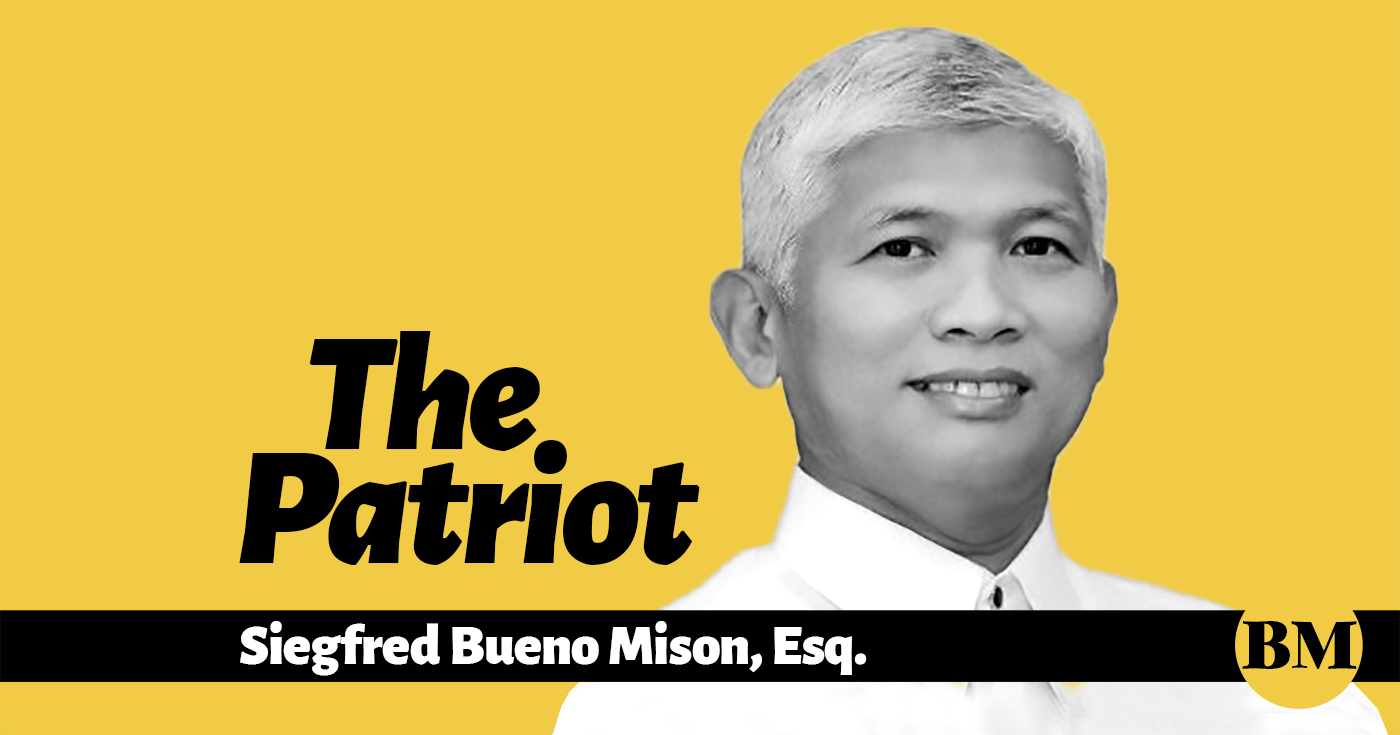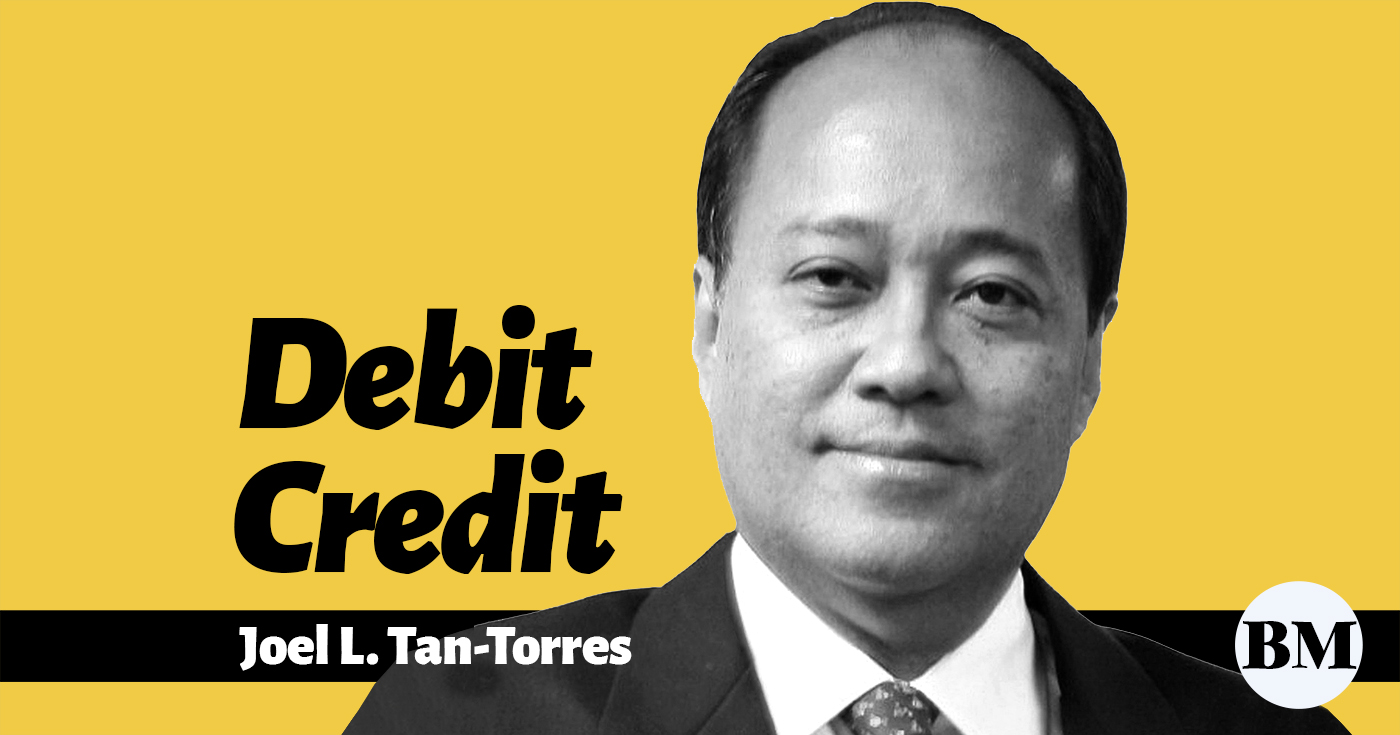
There are now two landmark legislations providing for parameters on insurance for persons living with human immunodeficiency virus (PLHIV) and acquired immune deficiency syndrome. These are Republic Act 8504 (Philippine AIDS Prevention and Control Act of 1998) and RA 11166 (Philippine HIV and AIDS Policy Act), which was approved on December 20, 2018.
Nondiscrimination rule under RA 8504
The foremost features of RA 8504, with respect to insurance, are the prohibition against discrimination and the guarantee of access to health insurance. Under Section 39 (Exclusion from Credit and Insurance Services), “All credit and loan services, including health, accident and life insurance shall not be denied to a person on the basis of his/her actual, perceived, or suspected HIV status: Provided, that the person with HIV has not concealed or misrepresented the fact to the insurance company upon application. Extension and continuation of credit and loan shall, likewise, not be denied solely on the basis of said health condition.” Section 26 (Insurance for Persons with HIV) of RA 8504 likewise provides: “The secretary of health, in cooperation with the commissioner of the Insurance Commission and other public and private insurance agencies, shall conduct a study on the feasibility and viability of setting up a package of insurance benefits and, should such study warrant it, implement an insurance coverage program for persons with HIV. The study shall be guided by the principle that access to health insurance is part of an individual’s right to health and is the responsibility of the State and of society as a whole.”
Nondiscrimination rule under RA 11166
This nondiscriminatory policy is reiterated in the Philippine HIV and AIDS Policy Act of 2018. Under Section 42 of RA 11166, “no PLHIV shall be denied or deprived of private health insurance under a Health Maintenance Organization [HMO] and private life insurance coverage under a life insurance company on the basis of the person’s HIV status. Furthermore, no person shall be denied of his life insurance claims if he dies of HIV or AIDS under a valid and subsisting life insurance policy.” Giving teeth to this rule, Section 50 provides that any person “who violates the provisions of Section 42 of this Act on health insurance and similar services shall, upon conviction, suffer the penalty of imprisonment of six months to five years, and/or a fine of not less than P50,000.”
Clarification on the need for underwriting
Implementation of these legal provisions can be described as “ticklish” at best. Since insurance underwriting calls for an evaluation of risks before the insurer issues an insurance policy, the directive of the law prohibiting insurance discrimination against a person with HIV needs clarification. The evaluation of risks may lead to either the denial or deferment of the application, or the adjustment of premium rates. This clarification was provided by Circular Letter 2017-11, dated February 14, 2017, (Guidelines in the Life Underwriting of Applicants with Actual, Perceived or Suspected to be with HIV). Under this circular, “the insurer may postpone the acceptance of newly discovered HIV [+] positive individuals for a period of not more than one year from the start of continuous Anti-Retro Viral Treatment in order to evaluate compliance and efficacy of treatment.” In other words, any person with HIV who wishes to obtain life insurance may be required to undergo an evaluation period to determine responsiveness to treatment. Indeed, as stated by the United Nations Program on HIV/AIDS (UNAIDS), “as a result, for many of the 4.9 million people living with HIV, the disease is no longer a death sentence, but a manageable chronic condition.” However, it is noted that in the Philippines, as of 2018, it is one of the 12 countries accounting for more than 90 percent of PLHIV, and also one of those with 90 percent of new infections.
The insurer, after evaluating the risks during the evaluation period, consequently, may deny or defer the application of person with HIV “when presented with comorbidities, medical conditions or other risk factors, not on the basis of their being positive for HIV but on the basis of such comorbidity, medical condition or other risk factor which by itself alone [i.e., even without being HIV positive] would lead to the same underwriting decision based on the insurer’s underwriting guidelines.”Meaning, an application may be denied not because of the HIV but because of other underwriting factors normally considered if the applicant did not have HIV. A person with HIV faces a host of “opportunistic infections.” In any case, should the insurer accept the application, “the insurer may, upon prior approval of [the] Commission, set limits of acceptance for persons with HIV as to plan of insurance, maturity term, payment term, age, and policy amount” and set premium rates correctly.
The case for HMOs
The foregoing underwriting process applies to HMOs, as well. HMOs make their products and services available in the form of either individual/family accounts or corporate/group accounts. The bulk of HMO accounts are in the form of corporate/group accounts, as it makes the most marketing-sense. The pricing concern is that HIV treatment can be expensive. With its chronic nature, this expense will have to be spread out among the HMO’s universe of members.
Dennis B. Funa is the current insurance commissioner. Funa was appointed by President Duterte as the new insurance commissioner in December 2016. E-mail: dennisfuna@yahoo.com.




























